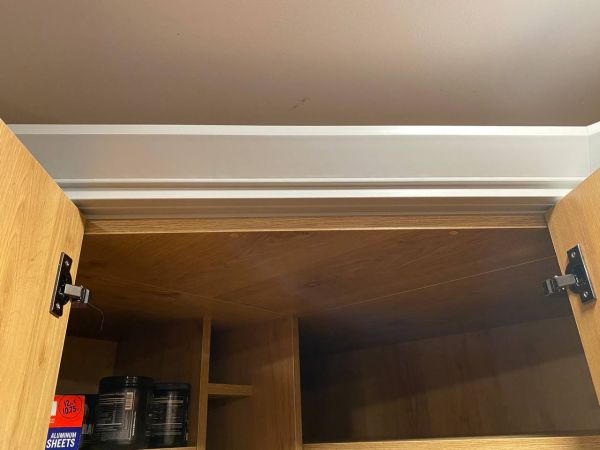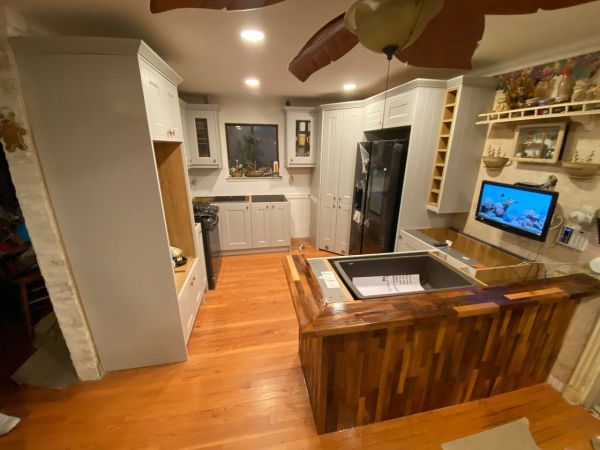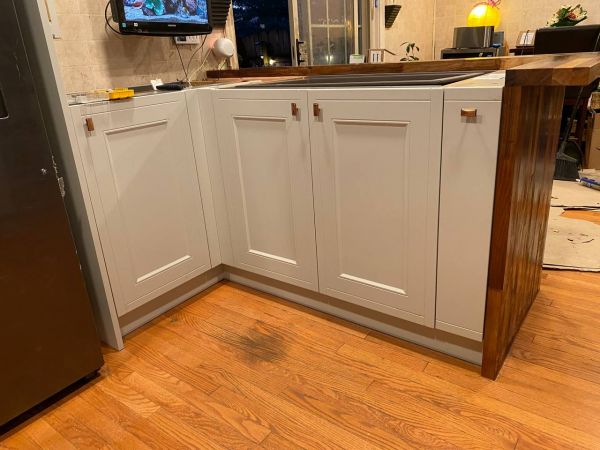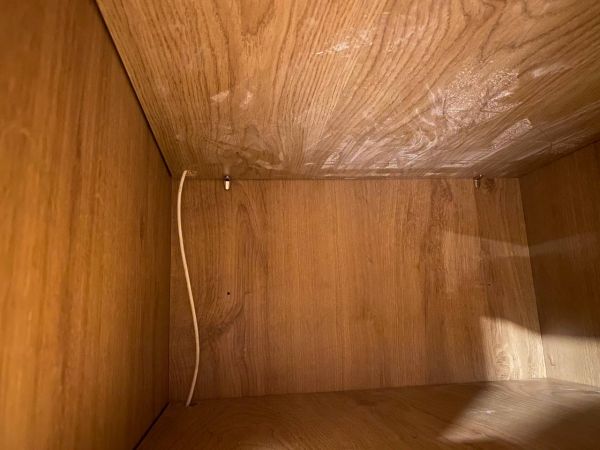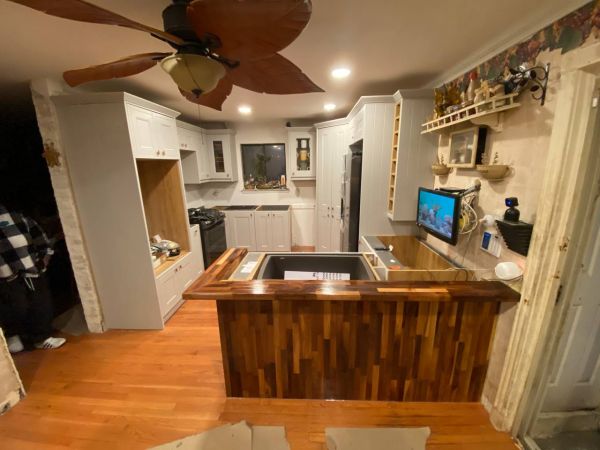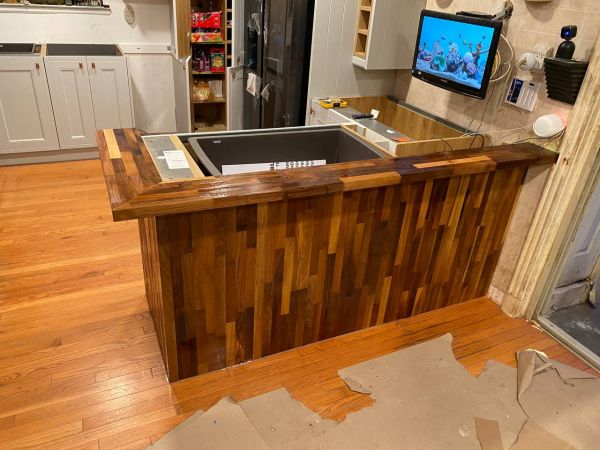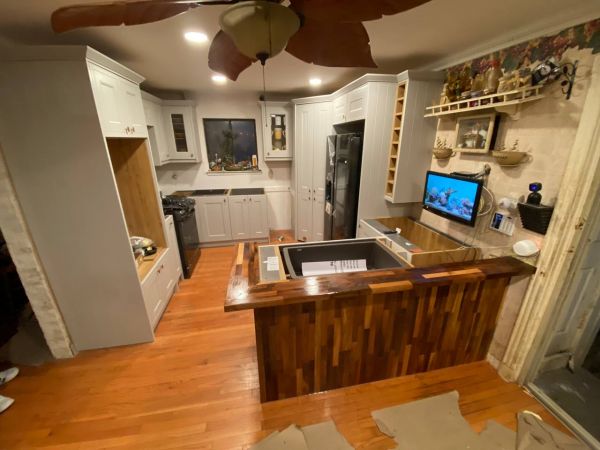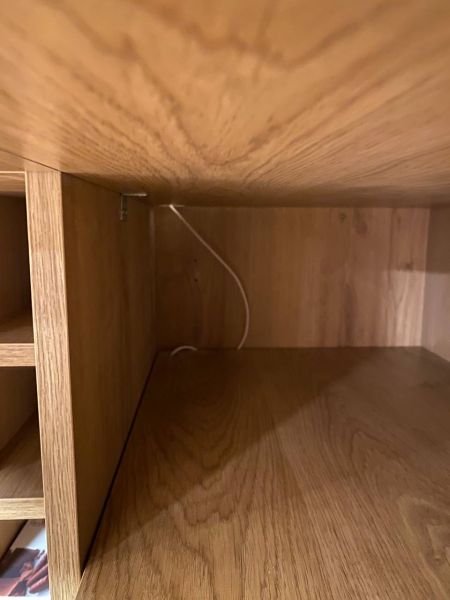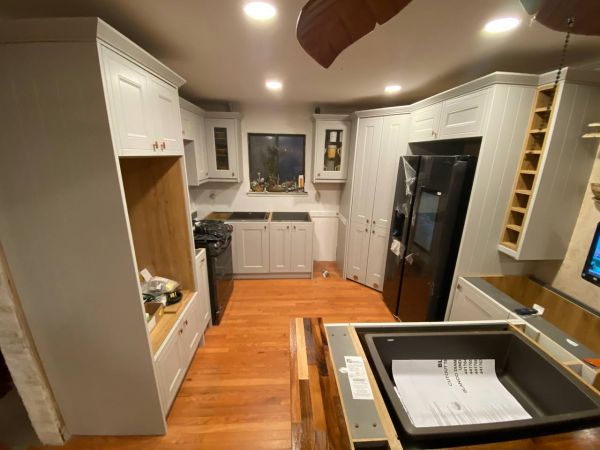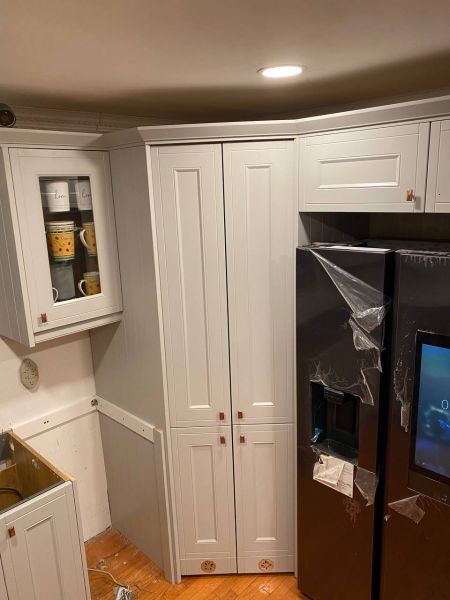Kitchen remodeling
04.04.2023
- Assess your needs: Before you begin, consider the needs of your family and the way you use your kitchen. Think about your cooking habits, storage requirements, and lifestyle to ensure your remodeled kitchen will serve you well.
- Set a budget: Determine a budget for your kitchen remodel that you feel comfortable with, keeping in mind unforeseen costs and potential overruns. Allocate at least 20% of your budget for unexpected expenses.
- Plan the layout: Work with a kitchen designer or architect to plan the layout of your kitchen. Maximize space and functionality by selecting a layout that works best for your needs, such as a U-shaped or L-shaped layout with an island.
- Choose quality materials: Select high-quality materials and finishes that will last and add value to your home. Consider investing in durable flooring, countertops, and cabinets, as these items will see the most use over time.
- Maximize storage: Incorporate storage solutions such as pull-out shelves, drawer organizers, and tall pantry cabinets to improve organization and efficiency.
- Prioritize lighting: Allocate budget and resources for appropriate lighting solutions, including task lighting, ambient lighting, and accent lighting. Bright, well-lit spaces can make the kitchen feel bigger and more inviting.
- Opt for energy-efficient appliances: Choose energy-efficient appliances to reduce your energy bills and improve the overall sustainability of your home. Look for ENERGY STAR-rated devices that have been tested for efficiency.
- Ventilation and airflow: Ensure proper ventilation in your kitchen, particularly if you cook often. A well-ventilated kitchen can help reduce cooking odors, airborne grease, and excess heat.
- Incorporate accessibility: Design your kitchen with accessibility in mind. This may include installing lower countertops, pull-out cabinets, and wider aisles for easy wheelchair access.
- Personalize the space: Add personal touches and style to your remodeled kitchen with unique backsplashes, fixtures, and color choices. This will make your kitchen feel more like your own while adding a touch of flair.
- Consult with professionals: Hiring experienced professionals such as kitchen designers, architects, and contractors can ensure your kitchen remodel runs smoothly and stays on budget.
- Obtain necessary permits: Ensure you obtain all required permits before starting your kitchen remodel. Check with your local municipality to determine the necessary permits and regulations within your area.
- Plan for disruptions: Keep in mind that your kitchen will be temporarily out of use during the remodeling process. Set up a temporary kitchen space and have a plan for meal preparation during this time.
- Safety precautions: Make sure all electrical and plumbing work is done to code and observe safety measures during the remodeling process.
- Communicate with contractors: Maintain open communication with your remodeling team to address concerns or changes you may want to incorporate during the project. Be sure to discuss any adjustments to the budget or timeline before the project begins.
